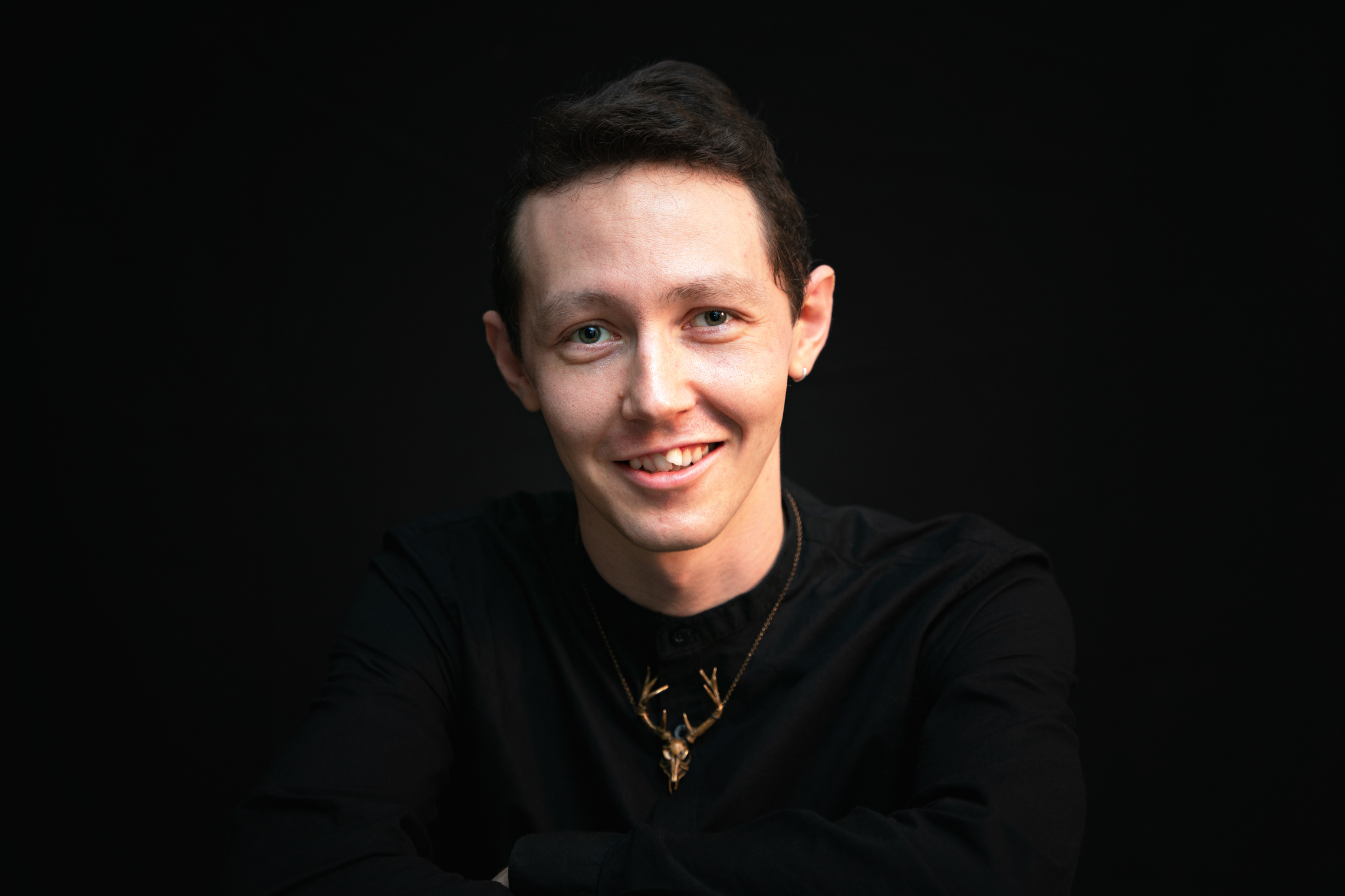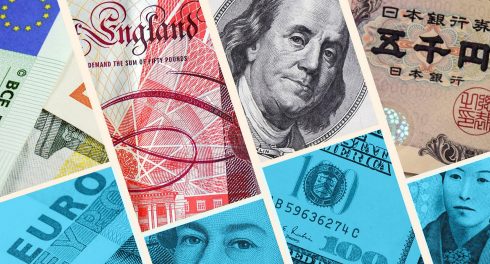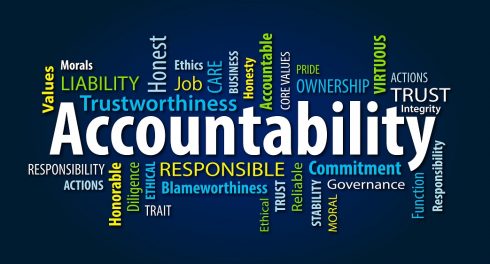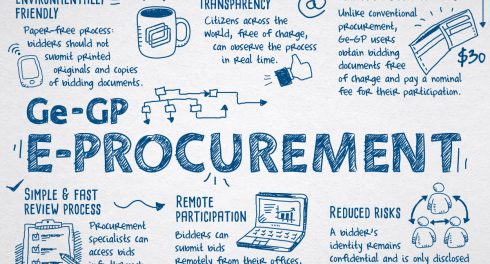In addition to providing compelling images for TAI and partners to use, Damir was inspired to go on to create his own photo stories. Check out those stories that attempt to capture what transparency and accountability look like in Russia.

Damir Davlatov
My name is Damir Davlatov. I am a photographer from Russia.
Last year, thanks to a TAI competition win, I was inspired to go on to paint a visual – through photography – of the underlying social problems in my country in addition to providing compelling images for TAI and its partners’ use. The project, carried out through the prism of transparency and accountability, featured underlining subjects about the environment, health, life in the Russian provinces, and people strong enough to continue living but not strong enough to fight for the right to a decent life independently. I was also able to bring to fore the subject of freedom of speech, which is seemingly non-existent in my country.
I have been doing photography for more than ten years. While many projects were purely commercial, I always try to tell a story through images about something important in the society. For several years, I nursed the ambition of working on a significant photo project that touches on socially important topics because I believe that art, including photography, can change the world without unnecessary sacrifices, imposing opinions, and extra words. As winner of the photo grant competition, I got the opportunity to make that reality.
In search of subjects that would fully reflect the significance and impact of transparency and accountability, I visited many places where I did not even think that I would ever get to. I visited the industrial regions that smelled of sulfur, remote villages that everyone seems to have forgotten about, and the far North, where the sun shines around the clock in the summertime.
It was a real adventure with dangers lurking at every turn. I made my way to guarded industrial areas, to abandoned hospitals, attended an opposition rally, twice ran away from street group muggers on the dumps of quarries, and had a brush with the police and was seized by security near one of the factories and almost lost all the footage taken that day. Interestingly, I had to turn to the same security to take me out of the industrial zone.
On one of my trips to the far North, an officer of the local FSS (Federal Security Service) department met me right at the bus stop at 1 a.m. (he knew my name and knew exactly what time I would arrive in the city) and almost took me in for interrogation, but the young couple who sublet their apartment to me for the duration of the trip came to my aid. Everything happened like in the movie – by a most improbable coincidence, it turned out that the girl’s father was an influential man in this area. He is the owner of the local hotel. So she called the head of the local FSS department, who gave the order to let me go. After that and even now, as I write this, I am a little scared (no matter how crazy it may sound) that my correspondence is being watched and I can be convicted of some political article, although I have not done anything illegal.
But I saw and photographed what is diligently hidden by the mainstream media and in the cheerful data of falsified statistics. I saw the injustice and unaccountability of local administrations and enterprises’ actions and the impotence of communities who had to reap the fruits of this action. I saw how defenseless and helpless one could be in this situation, especially when alone and one’s voice remains unheard.
I also realized that those who were supposed to protect me could and still can harm me to the same extent. From personal experience, I learned what political arrest is and what happens if the activities of state bodies, such as the police, are not transparent. In this case, you can be arrested on a fictitious case – without witnesses or concrete evidence, and the judges will confirm without trial that you are guilty. It happened to me; it happens to many.
Meanwhile, I saw that where there is injustice and lawlessness, there is mutual help, association, and strong examples of how the same “defenseless” people can achieve incredible results by helping each other and by attracting public attention. I saw the positive power that one stubborn person’s act and unwillingness to put up with injustice can have. For instance, in one of the cities, a local activist provides doctors with means of protection at his own expense. In another, residents managed to save a hospital, and residents even managed to influence a giant plant’s activities. Somewhere else, local lawyers stand up to political prisoners (I received help from a human rights organization).
After going through all these, I learnt the following: no matter what happens, no matter what injustice befell you, no matter how irresponsible and unaccountable the activities of some public authority, enterprise, or an individual are; where there is a little bit of transparency, there will always be some who are not indifferent. There will always be people who will speak truth to power. You just need to be a little more stubborn. And even one photo can change a lot.
Don’t forget to check out the library of photos and stories from Damir’s attempt to capture what transparency and accountbility looks like in Russia.


